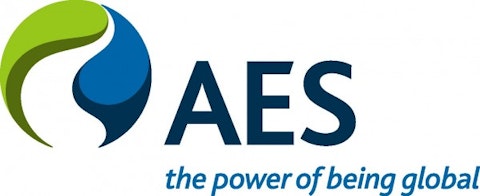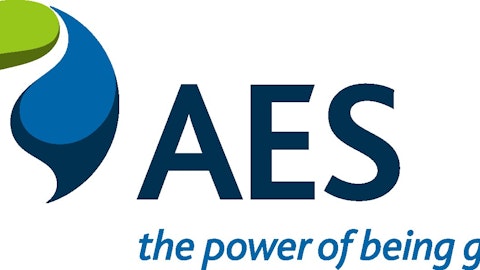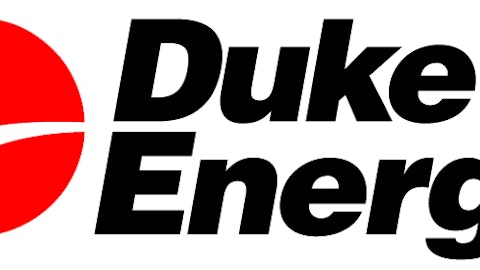John Vechey of PopCap Games recently joined The Motley Fool for a climate change summit. His first panel guests were Dr. Rachel Cleetus and Dr. Joe Casola. Rachel is a Climate Economist with the Union of Concerned Scientists, where she advocates for effective global warming policies at the state, regional, federal, and international levels. Joe is Program Director for Science and Impacts at the Center for Climate and Energy Solutions (C2ES), which works to assess the current state of knowledge regarding climate change and its impacts, and to promote actions that strengthen climate resilience.
We’ve all heard people scoff at “global warming” when a particular region experiences unseasonable cold, heavy snow, or record low temperatures. Joe and Rachel explain how climate change can lead to cold events, even as average global temperatures creep upward.
Indeed, they explain that extreme heat waves are on the rise, often with severe consequences. Consider the case of Constellation Energy Partners LLC (NYSEMKT:CEP), as detailed in “Physical Risks from Climate Change:”
The record-setting heat wave in Texas during the summer of 2011 led to unprecedented electricity demand and contributed to price spikes, forcing Constellation Energy Partners LLC (NYSEMKT:CEP) to purchase incremental power in the real-time market at peak prices; the after-tax impact on third quarter earnings was a reduction of about $0.16 per share.
The AES Corporation (NYSE:AES) lays out its risks quite cogently in its 2012 10k filing:
Physical impacts may have the potential to significantly affect the Company’s business and operations, and any such potential impact may render it more difficult for our businesses to obtain financing. For example, extreme weather events could result in increased downtime and operation and maintenance costs at the electric power generation facilities and support facilities of the Company’s subsidiaries. Variations in weather conditions, primarily temperature and humidity also would be expected to affect the energy needs of customers. A decrease in energy consumption could decrease the revenues of the Company’s subsidiaries. In addition, while revenues would be expected to increase if the energy consumption of customers increased, such increase could prompt the need for additional investment in generation capacity. Changes in the temperature of lakes and rivers and changes in precipitation that result in drought could adversely affect the operations of the fossil fuel-fired electric power generation facilities of the Company’s subsidiaries. Changes in temperature, precipitation and snow pack conditions also could affect the amount and timing of hydroelectric generation.
The article Does Extreme Cold Mean Global Warming Is Fake? originally appeared on Fool.com and is written by Sara Murphy.
Sara Murphy has no position in any stocks mentioned. Follow her on Twitter @SMurphSmiles. The Motley Fool has no position in any of the stocks mentioned.
Copyright © 1995 – 2013 The Motley Fool, LLC. All rights reserved. The Motley Fool has a disclosure policy.




